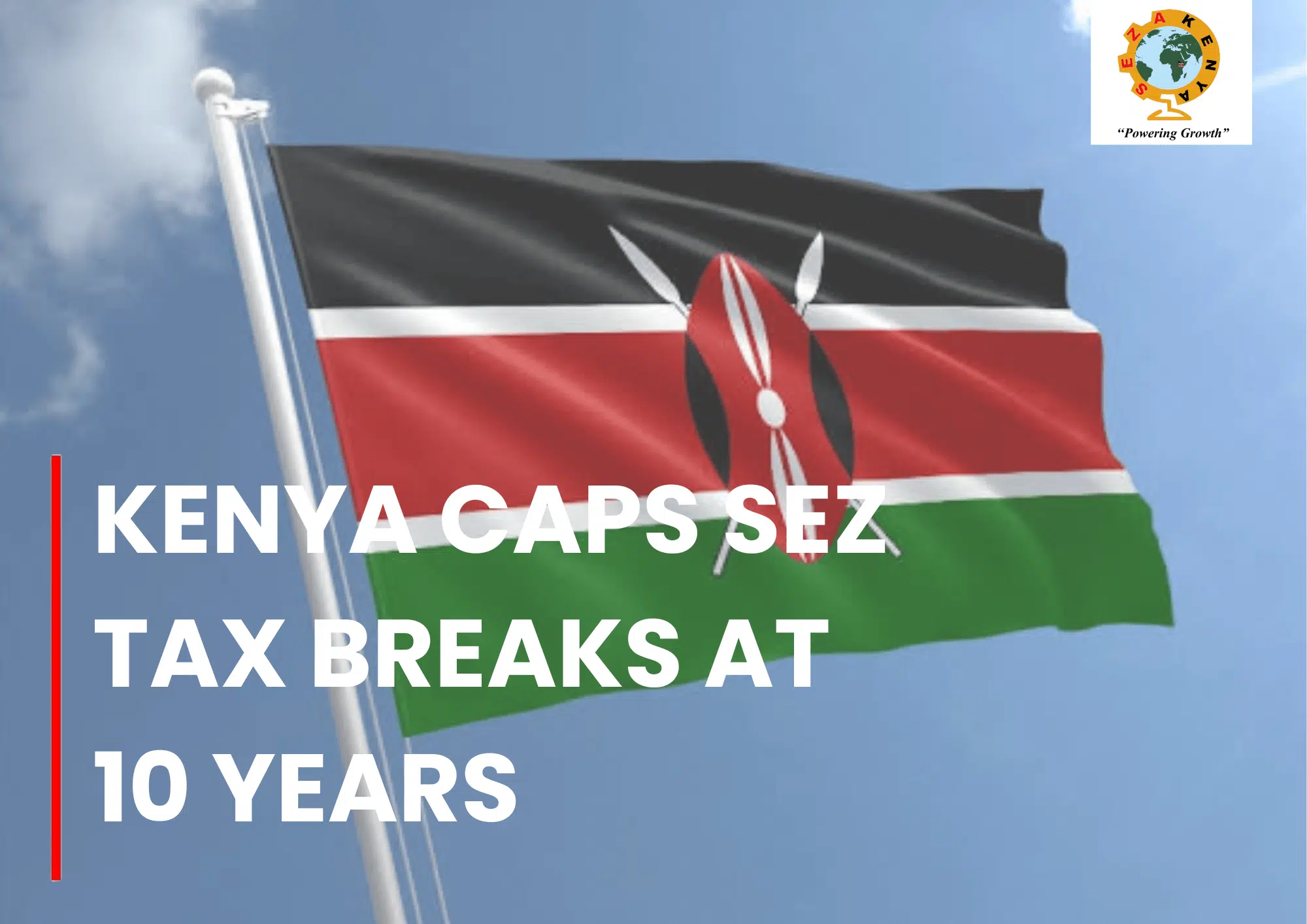Kenya’s decision to limit tax breaks for companies in Special Economic Zones (SEZs) to 10 years is a big shift with wide effects across industries. In the past, Kenya used tax incentives to attract foreign investors, especially in sectors like manufacturing and technology. Companies in SEZs could enjoy long tax breaks, sometimes up to 25 years. This helped Kenya become a popular destination for foreign businesses seeking tax-friendly conditions.
However, over time, the government saw that the loss of tax revenue was making it harder to fund essential services like healthcare and education. Recent estimates show Kenya is losing over KShs 100 billion (about US$1.1 billion) each year due to tax incentives. This loss has led the government to rethink the length and scope of tax breaks for SEZ businesses.
For industries like tech or e-commerce, the impact of the 10-year tax break limit may be less severe. These sectors are known for achieving profitability faster, allowing businesses to scale quickly and make the most of tax incentives in a shorter time.
Let’s consider a manufacturing company that has already invested millions in heavy machinery and infrastructure. Under the old system, the company could have stretched tax breaks over a much longer period, reducing its financial strain. However, with the new 10-year cap, the company now faces the challenge of increasing production efficiency and revising its pricing strategies to achieve profitability faster. They’ll need to adapt quickly to avoid being hit with higher taxes sooner than expected.
This change will, however, allow the Kenyan government to collect more tax revenue sooner. The reduced long-term tax exemptions mean more stable funding for public services like healthcare and education. While businesses will feel the pressure to grow quickly, the country will gain more predictable and immediate tax income. This shift could foster a more sustainable and balanced economic future for Kenya.






